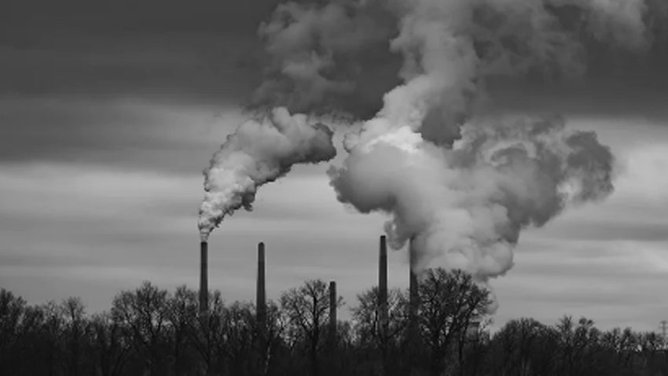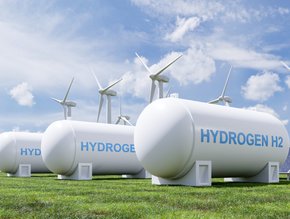Fossil Fuel Use for Electricity Lowest Since 1957

According to the latest available data, fossil fuel plants contributed about a third of electricity supplies in 2023 and renewables a record 42%.
Coming in at 104 terawatt hours (TWh), this amount of power generated from fossil fuels as of the end of 2023 is the lowest level recorded since 1957, 67 years ago.
Historically the source of electricity as its popularity and demand grew across the UK, fossil-fuel generation rose steadily in tandem with the size of the UK’s economy expanding.

And now, electricity currently accounts for near enough a fifth of the world’s total final energy consumption. This rate of consumption is billed to grow significantly as electricity becomes increasingly accessible and the electrification process of the likes of transport progresses.
Figures from The International Energy Agency (IEA) approximates that global demand for electricity will skyrocket. It is thought that, from their findings, demand will grow between 23% and 30% from 2022 to 2030, and a further 75% to 150% by the year 2050.
What the experts say about this seismic energy shift
Kelly Becker, Zone President of Schneider Electric UK & Ireland, says that to reach net zero goals, the UK - and other countries, for that matter, must go above emission reduction and consider a multitude of factors.
“2023 set a record precedent when it came to renewable energy in the UK,” she explained. “It’s encouraging to see that the integration of wind, solar and other means of clean power made up 42% of Britain’s energy, with reliance on fossil fuels reducing by 20%.”
She added that digitalisation is key to net zero goals, emphasising how the onus lies on businesses across industries to replace technologies that use fossil fuels with those that run on green electricity.
Becker continued: “This not only reduces environmental impact but will also unlock economic growth as well as job creation – with our research finding 247,000 jobs can be created in the UK by adopting clean energy technologies. This is key to helping the UK continue its trajectory towards a more sustainable and technologically advanced future.”
And at ESS, the teams at the company are firm in the belief that renewable and energy storage projects can be successfully deployed to ensure the UK meets its net zero targets. This comes after offshore wind developers were given the green light to another four large windfarms in UK waters, including the world’s largest offshore wind farm at Hornsea 3.
“Renewable resources are not a distant future technology; wind and solar generation already meet a significant share of current energy demand,” Alan Greenshields, Director of Europe at ESS added.
Over in Germany, ESS is enabling the transition to renewables by supplying a 50MW/500MWh iron flow battery system to the largest clean energy hub in Europe. LEAG’s power station in Saxony, which currently burns 50,000 tonnes of coal daily, is in the process of being replaced by a clean energy hub which will generate up to 14GW from solar, wind, green hydrogen, and battery energy.
Off the back of this, Greenshields advocates that projects can be planned and deployed effectively, and how the recently announced clean energy hub can act as a blueprint for repurposing coal mines into clean energy hubs worldwide.
*******************
Make sure you check out the latest edition of Energy Digital Magazine and also sign up to our global conference series - Sustainability LIVE 2024.
*******************
Energy Digital is a BizClik brand.
- Q&A: Schneider VP Cloud & Service Providers Thierry ChamayouSustainability
- Sustainability LIVE Among World’s Top Sustainability EventsSustainability
- Microsoft & Brookfield Sign World’s Biggest Clean Power DealRenewable Energy
- How has Octopus Become the UK’s Biggest Energy Provider?Utilities






